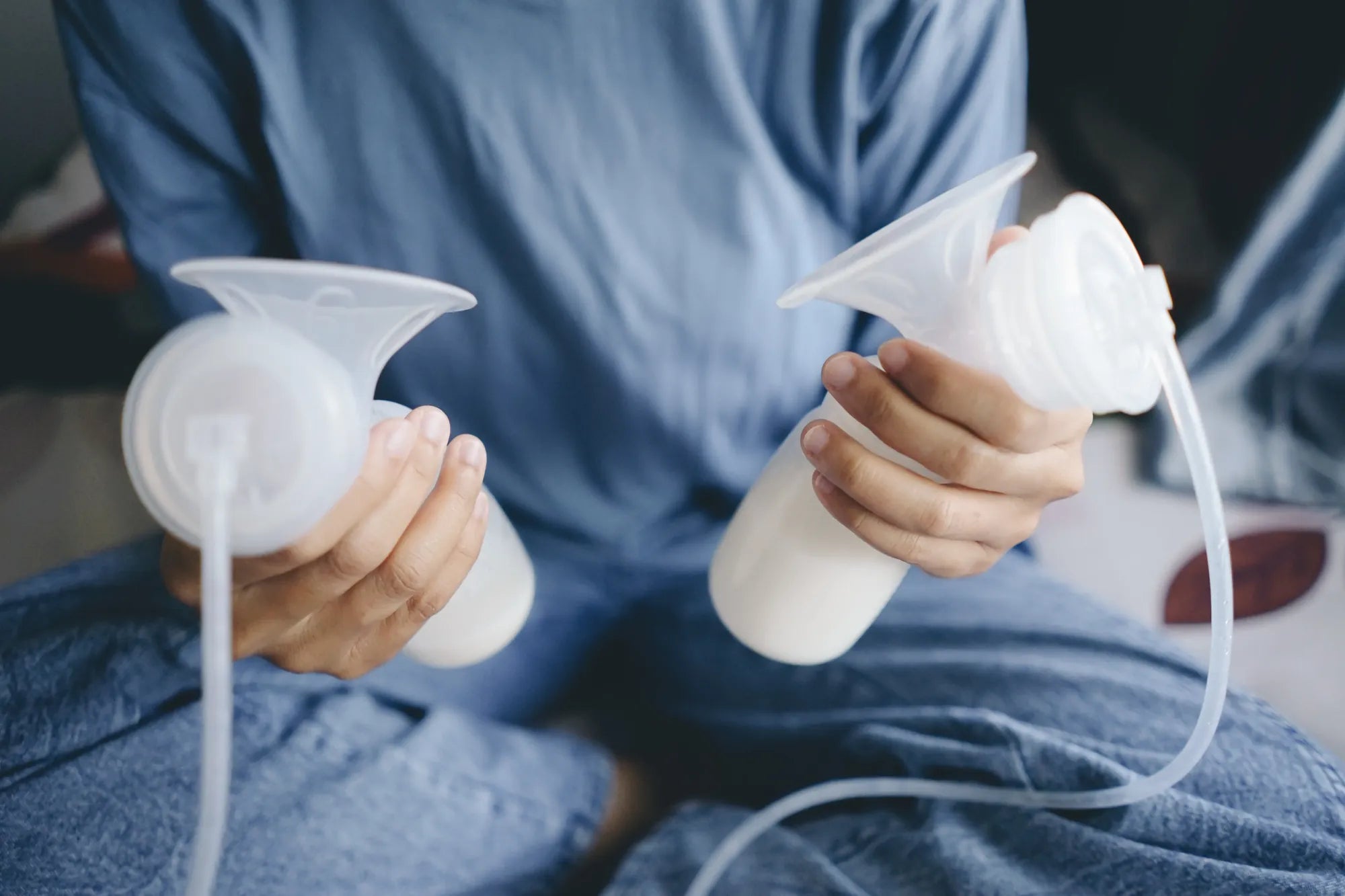Home
Pregnancy, Breastfeeding, and Pumping: The Ultimate Guide for Moms
Does Pumped Breast Milk Have Melatonin: What Every Parent Should Know

Does Pumped Breast Milk Have Melatonin: What Every Parent Should Know
As a parent, you’re likely always on the lookout for ways to support your baby’s health and well-being. One question that often arises is: does pumped breast milk have melatonin? This hormone, known for its role in regulating sleep, has sparked curiosity among parents who want to ensure their little ones get the best start in life. Let’s dive into the science and explore what you need to know about melatonin in pumped breast milk.
What Is Melatonin and Why Is It Important?
Melatonin is a hormone produced by the pineal gland in the brain. It plays a crucial role in regulating the sleep-wake cycle, also known as the circadian rhythm. For babies, whose sleep patterns are still developing, melatonin can be particularly important. It helps them establish a healthy sleep routine, which is essential for their growth and development.
Does Breast Milk Naturally Contain Melatonin?
Yes, breast milk naturally contains melatonin. Research has shown that the levels of melatonin in breast milk fluctuate throughout the day, peaking at night. This variation aligns with the body’s natural production of melatonin, which increases in the evening to promote sleep. For breastfeeding mothers, this means that the milk expressed at night may have higher melatonin levels compared to milk pumped during the day.
How Does Pumping Affect Melatonin Levels in Breast Milk?
Pumping breast milk does not destroy melatonin, but the timing of pumping can influence its concentration. If you pump milk at night, it is likely to contain higher levels of melatonin. However, if you pump during the day, the melatonin levels will be lower. It’s also worth noting that storage methods, such as refrigeration or freezing, can preserve melatonin levels, ensuring that your baby still benefits from this sleep-regulating hormone.
Can Melatonin in Pumped Breast Milk Help Your Baby Sleep?
While melatonin in breast milk may help regulate your baby’s sleep patterns, it’s important to remember that it’s just one piece of the puzzle. Other factors, such as your baby’s age, feeding schedule, and overall health, also play a role. However, offering pumped breast milk with higher melatonin levels at night could potentially support your baby’s natural sleep cycle.
What Factors Influence Melatonin Levels in Breast Milk?
Several factors can affect the melatonin content in breast milk. These include:
- Time of Day: Melatonin levels are highest at night and lower during the day.
- Maternal Sleep Patterns: A mother’s own sleep habits can influence melatonin production.
- Light Exposure: Exposure to bright light, especially in the evening, can suppress melatonin production.
- Diet and Lifestyle: Certain foods and lifestyle choices can impact melatonin levels.
Tips for Maximizing Melatonin in Pumped Breast Milk
If you’re interested in ensuring your pumped breast milk has optimal melatonin levels, consider these tips:
- Pump at Night: Collect milk during the evening or nighttime hours when melatonin levels are naturally higher.
- Create a Sleep-Friendly Environment: Dim the lights and reduce exposure to screens before pumping to support melatonin production.
- Maintain a Consistent Routine: Stick to a regular sleep schedule to help regulate your body’s melatonin production.
- Store Milk Properly: Use airtight containers and follow recommended storage guidelines to preserve melatonin levels.
Is Melatonin in Breast Milk Safe for Babies?
Melatonin in breast milk is considered safe for babies. It is a natural hormone that supports healthy sleep patterns and is not associated with any known risks when consumed through breast milk. However, if you have concerns or your baby has specific health conditions, it’s always a good idea to consult with a healthcare professional.
What If My Baby Still Has Trouble Sleeping?
If your baby continues to have difficulty sleeping despite the presence of melatonin in breast milk, there may be other factors at play. Consider evaluating your baby’s sleep environment, bedtime routine, and overall health. Additionally, seek guidance from a pediatrician to rule out any underlying issues.
Understanding the role of melatonin in pumped breast milk can empower you to make informed decisions for your baby’s sleep and development. By paying attention to timing, storage, and your own lifestyle, you can help ensure your little one benefits from this natural sleep aid. So, the next time you pump, remember: you’re not just providing nourishment—you’re also giving your baby a helping hand in establishing healthy sleep habits.
Share
